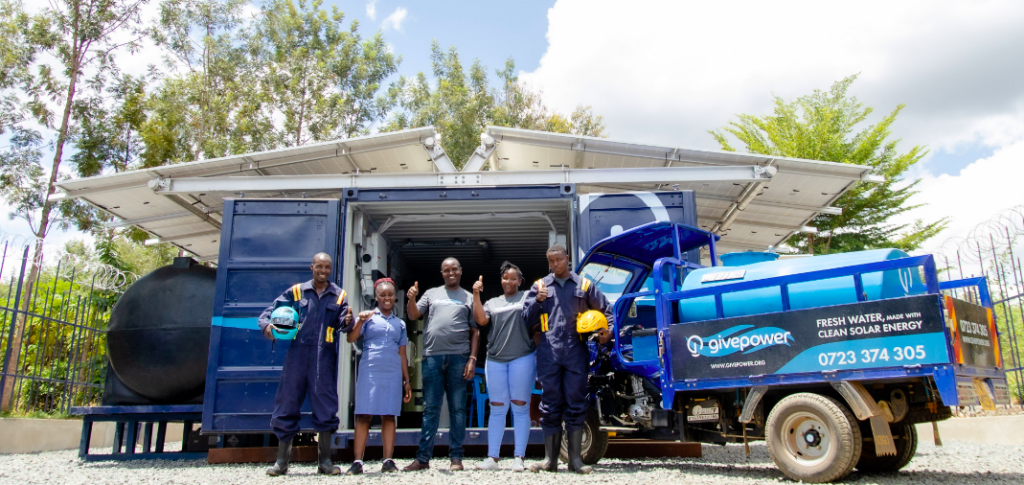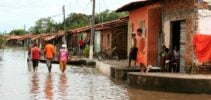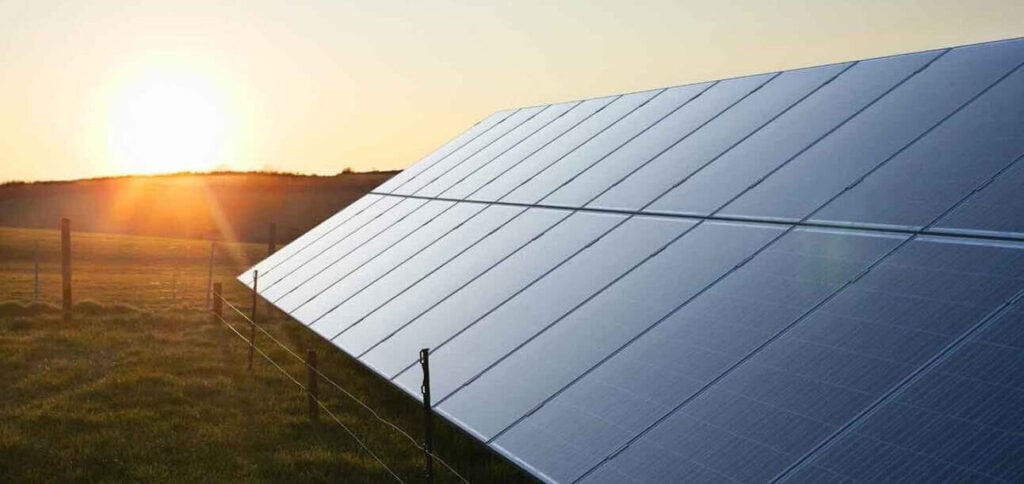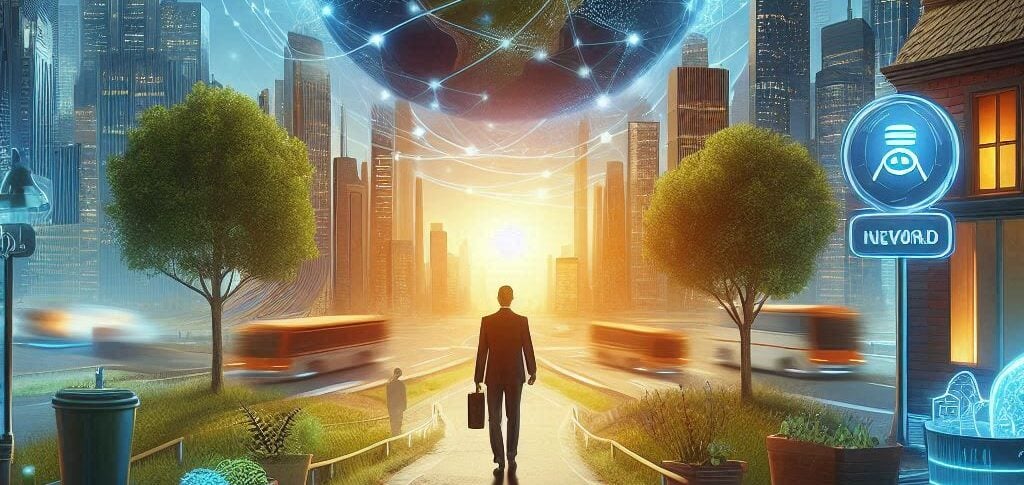☀️ 4 out of 5 cities in the world are at risk from heat waves, floods and drought
Four in five cities around the world are facing significant climate risks, such as heat waves, floods and droughts, data from the non-profit organization CDP released this Thursday (13) show.
ADVERTISING
The report "Protecting People and the Planet" (🇬🇧) analyzed 998 cities from around the world and showed that, in addition to 80% of them having faced extreme weather events, almost a third of climate-related risks threaten at least 70% of their populations.
Still, according to the document, the elderly, those in low-income families, children and marginalized minority communities were most exposed, and politicians needed to reflect on the needs of citizens when planning their response to the climate crisis.
🐂 Consortium of companies led by FGV will develop carbon emission calculator for livestock farming
Companies such as Imaflora, Agrotools, Waycarbon, WRI and DSM are part of a consortium led by Fundação Getúlio Vargas (FGV) selected to be responsible for studies of the initiative “Low Carbon Livestock”. The selection was made by the National Bank for Economic and Social Development (BNDES) and the Ministry of Agriculture, Livestock and Supply (MAPA).
ADVERTISING
The initiative aims to develop strategies and business models that adopt low-carbon technologies in meat and milk production in Brazil, promoting sustainability through the assessment and certification of greenhouse gas emissions in livestock farming.
According to the BNDES statement, the first step will be the development of a product life cycle analysis calculator, which will measure carbon emissions from inputs in agricultural production to industrial processing. Next, incentive mechanisms will also be indicated that encourage investments in reducing emissions throughout the chain.
💧 Drought could affect 80% of Brazilians in 30 years, says study
A new study, published in the scientific journal Climate Change (🇬🇧) shows that – over the next three decades – 80% to 100% of the population of Brazil, China, Ethiopia and Ghana, and half of the population of India, will be affected by severe and long-lasting droughts caused by global warming.
ADVERTISING
The research's lead author, Jeff Price, stated that the risk exists even with a global warming 1,5ºC, a target established by the Paris Agreement.
According to Price – the higher the temperature – the more serious the consequences will be, including those on agricultural yields that suffer greatly from water stress, as is the case in Brazil.
🚰 Solar plant turns seawater into drinking water in Kenya
More than 2 billion people in the world do not have access to safe drinking water.
ADVERTISING
The solution to this problem may lie in water desalination, a process that requires electricity and chemicals. The good news is that a new technology has been developed and is already providing clean water to the community of Kitengela, a rural village in Kenya, since 2018.
Unlike traditional water desalination processes, which require large amounts of electrical energy and a well-structured distribution network, the system created by the non-governmental organization GivePower uses energy from the sun.
Nicknamed "solar water farm” the site has solar panels that produce 50 kilowatts of energy, which is stored in two batteries Tesla high performance, and two water pumps operate 24 hours a day. The system produces enough drinking water for 35 people per day – with a better quality than that produced by traditional processes.
ADVERTISING
In addition to providing good quality water for people, the solar water farm does not have the same negative impact as other processes, which involve chemicals and saline waste that are harmful to the environment.
🌊 International Maritime Organization will ban depositing sewage sludge at sea
The International Maritime Organization (IMO) announced that the dumping of sewage sludge at sea will be prohibited, coming soon, all over the world. The measure is provided for in an amendment to the London Protocol treaty, which classifies waste that can be discarded in the maritime environment.
The disposal of a large part of dredged material, fish waste, inert and inorganic geological material, specific bulky items and vessels and platforms designed by human beings in maritime environments or similar structures was authorized.
The list also approves the elimination of organic material of natural origin and carbon dioxide flows from capture processes.
O Curto Verde is a daily summary of what you need to know about the environment, sustainability and other topics linked to our survival and that of the planet.
(🚥): may require registration and/or signature
(🇬🇧): content in English
(*): content in other languages is translated by Google Tradutor




